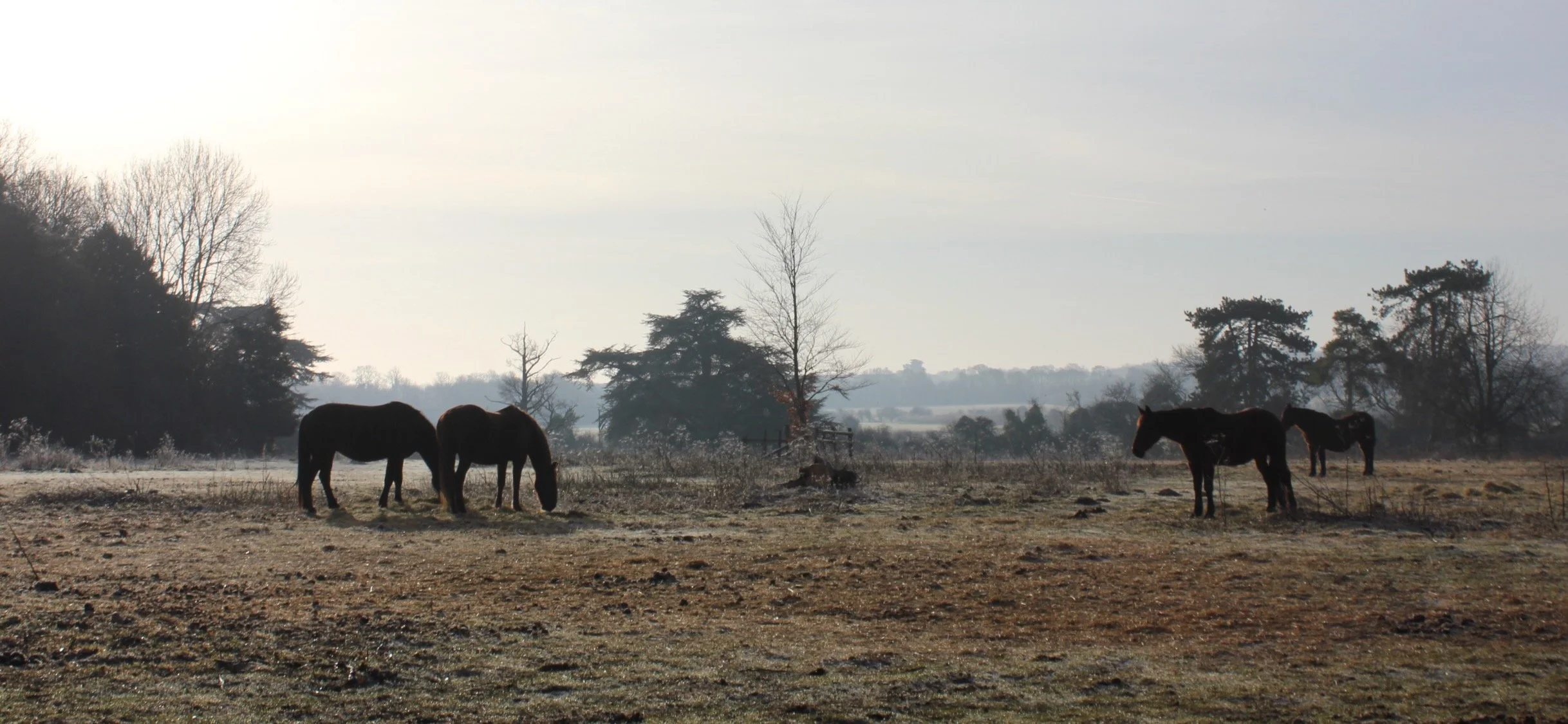Regenerative Farming at The Cholderton Estate: How Our Livestock Play a Vital Role
Nestled in the heart of the Wiltshire countryside, The Cholderton Estate is more than just a beautiful rural retreat - it’s a working organic farm where nature and agriculture exist in harmony. At the core of our farming philosophy is regenerative agriculture, a system that restores soil health, enhances biodiversity, and creates a more sustainable future. And at the heart of it all? Our livestock.
If you’re looking for a countryside escape that connects you with nature, teaches you about sustainable food production, and lets you experience life on a truly organic farm, a stay at The Cholderton Estate is unlike any other.
The Role of Livestock in Regenerative Farming
Regenerative farming is about working with nature rather than against it, and our livestock play a crucial role in this balance. Here’s how:
Grazing for Soil Health
Our grass-fed cattle, Hampshire Down sheep, and Cleveland Bay horses spend most of the year grazing on our lush grasslands. But this is more than just a natural way to feed them - it’s an essential part of our soil management strategy.
Their hooves aerate the soil, improving water retention and reducing runoff.
Manure from grazing animals naturally fertilizes the land, adding essential nutrients and boosting soil health.
Rotational grazing prevents overgrazing, encourages deep-rooted plants, and improves biodiversity.
Crop Rotation & Forage Production
A well-balanced diet is as important for our livestock as it is for us. That’s why our carefully planned crop rotations ensure they receive the best nutrition while also improving soil fertility.
Our legume/grass leys not only provide high-quality forage but also fix nitrogen in the soil, reducing the need for synthetic fertilizers.
Spring barley is often under-sown with new pasture, meaning fields transition seamlessly between arable crops and grazing land.
By harvesting hay and silage during the warmer months, we ensure our livestock have nutrient-rich food throughout the winter.
Meet Our Livestock
Organic Grass-Fed Beef: Sustainable & Ethical Farming
We’ve moved away from dairy farming to focus on organic, grass-fed beef, ensuring that our cattle are raised in a way that benefits both the environment and animal welfare. Our herd includes a mix of Ruby Reds, Aberdeen Angus, and Hereford breeds, all known for their ability to thrive on pasture, producing high-quality beef with a superior flavour. Raised naturally, our cattle contribute to soil regeneration while offering a sustainable alternative to intensive farming.
Sheep: Champions of Regenerative Grazing
Sheep are an essential part of our land management. Our Hampshire Down flock (an award-winning breeding program) along with Finn crossbred sheep, help maintain grasslands while producing high-quality wool and meat. In fact, our Hampshire Downs have won numerous national awards, reflecting the care and dedication we put into breeding and animal welfare.
Cleveland Bay Horses: A Heritage Breed with a Purpose
The Cleveland Bay is one of Britain’s rarest and most treasured native horse breeds, and we’re proud to play a role in preserving them. These strong, versatile horses graze alongside our cattle and sheep, contributing to the diversity of our pastures and maintaining the traditional connection between livestock and working horses on the farm.
Bustard Hut, photographed by Kate Cullen Photography.
Stay With Us & Experience Regenerative Farming Firsthand
A stay at The Cholderton Estate isn’t just about relaxation - it’s about immersion in nature, sustainability, and rural heritage. Whether you’re exploring the rolling pastures, witnessing our livestock in action, or simply unwinding in the beautiful countryside, you’ll gain a deeper appreciation for how farms can work in harmony with the environment.
For families, couples, and nature lovers alike, our accommodation offers a unique opportunity to reconnect with the land. Book your stay today and be part of the regenerative farming movement.





